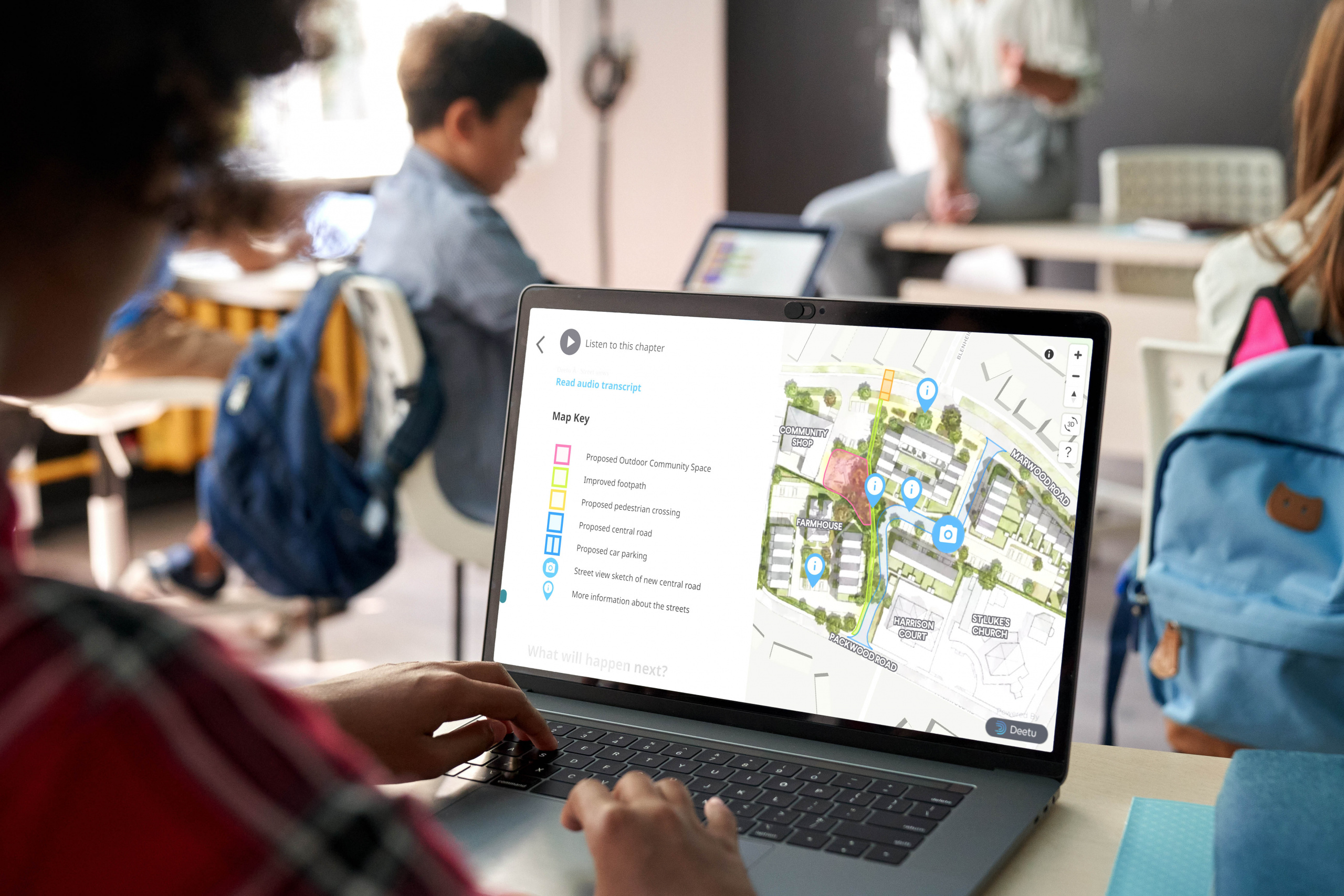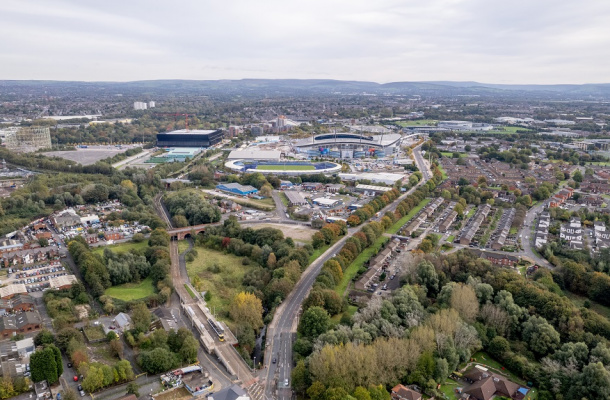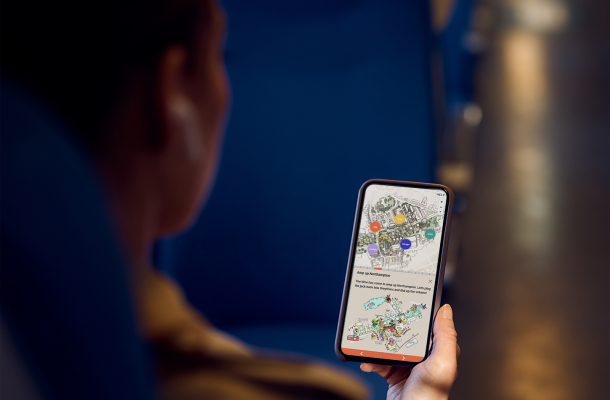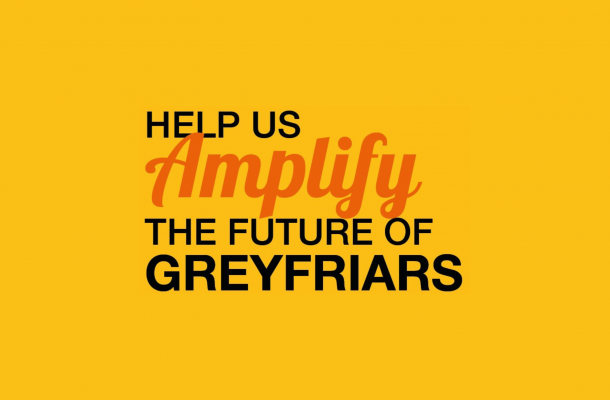Deetu Goes Back to School
Good morning class; say hello to our new starter, Gen Z.
The United Nations defines ‘youth’ as anyone between the ages of 15 and 24. But who do you see when you walk (or dial) into a community information session? Any youth?

Generation Z, born in the late 1990s and up to the early 2010s, is estimated to make up 33% of the global population, making them the largest cohort globally.
But young people are often absent in the infrastructure engagement space.
Research revealed that young people want to engage but don’t know how. They feel disenfranchised and may not value their voice. They also feel safer engaging with organisations they trust.
The idea that young people are disengaged because they are disinterested is not true. As a generation, they care just as much about the world around them and its future as others.
How can we ensure youth are represented?
So how can we ensure young people are represented? Deetu took the problem straight to them.
Between January 2021 and May 2022, Deetu undertook a multi-stage public engagement on behalf of Leicester City Council on the redevelopment of the Stocking Farm Neighbourhood Centre.
Prior to this specific youth engagement, those under 18 were the least responsive across all three stages of public engagement for the scheme, providing only 3% of the total responses. We were therefore keen to bring the residents in this age bracket into the planning process in a meaningful way.
Handily, only a short distance from Stocking Farm Neighbourhood Centre is Babington Academy, the perfect place to hold a youth-specific engagement exercise.
As part of the AQA Geography GCSE syllabus, pupils must learn a case study in a major UK city to “illustrate how urban change has created opportunities” and an example of a regeneration project.
The regeneration of the Stocking Farm Neighbourhood Centre serves as an ideal case study for this syllabus, in addition to demonstrating a local, real-world example of urban regeneration for Babington Academy pupils. This is likely the first time these pupils have been given the opportunity to shape such a scheme in their local area.
40 GCSE Geography pupils (aged 14-15) took part in the engagement exercise using a specifically created Digital Classroom Kit where pupils could learn about the scheme and the proposals and then respond with feedback via a quiz. Their teacher hosted the sessions with the help of a Teacher Briefing Pack which provided background to both the scheme and the public engagement process.
The results are in…
Before the sessions, we received positive feedback on the materials from the school staff. We recently caught up with one of the teachers who led the sessions, and they said: “Thank you very much for the digital packs that we used … They were really useful for showing students how a place can be regenerated.”
The feedback from pupils was very insightful and quite different from that of the wider public engagement, with 93% of the pupils agreeing that the proposals may make the area feel safer and more inviting for residents, compared with 75% of the wider public. This reinforces how important it is to reach out to different parts of the community to widen the evidence base.
Overall, the pupils were very supportive and positive about the proposals, particularly the modernisation of the facilities, new homes and green spaces. Environmental and economic concerns were clearly important aspects to them.
Looking to the future…
After the success of the Babington Academy sessions, Deetu are already looking to hold similar youth-engagement exercises across other schemes. If this is a service you would be interested in offering to your clients, perhaps alongside our wider digital engagement tools, feel free to get in touch.








